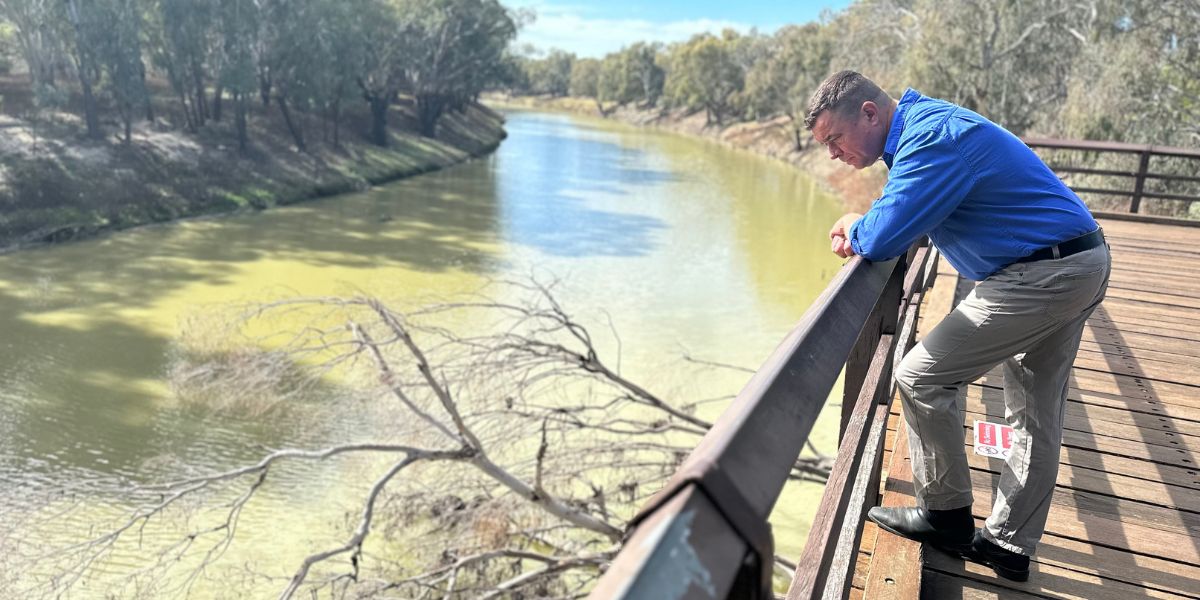A new legislative push in New South Wales aims to increase parliamentary oversight of intergovernmental water agreements, a move that could significantly impact the Upper Murray-Darling Basin and New England regions.
The Water Management Amendment (Intergovernmental Agreements) Bill 2025 requires that any draft agreements between the Commonwealth and states regarding water management be tabled in Parliament at least 15 sitting days before final approval. This provision is designed to ensure that both houses of Parliament have the opportunity to scrutinise and debate these agreements before they are signed.
Roy Butler, Member for Barwon has long been proactive around water management issues across the entire Murray-Darling Basin and was the politician who introduced the bill to parliament.
“The intergovernmental agreements basically are that all the states and territories come to agreement with the Commonwealth Government over water.” Mr Butler said.
His concern is that since around 2008, states have gradually ceded more control to the Commonwealth over water management decisions.
“What the bill basically means is that before the State signs off, Parliament gets eyes on it and has a chance to actually say – the premier, for example – that we support that, but we don’t think this is worthy for those reasons. At the moment, we can’t do that,” Mr Butler said.
This highlights a longstanding concern that premiers have signed off on agreements without prior parliamentary knowledge or input, often after the fact.
This lack of transparency has been particularly concerning for communities within the Upper Murray catchment, part of the larger Murray-Darling Basin. This region, including New England, contributes roughly 17 per cent of the Basin’s annual streamflow of 2,550 gigalitres, supporting diverse needs such as agriculture, hydroelectricity, and urban water supply.
Mr Butler further elaborated on the nature of these agreements and expressed caution over the trend toward greater Commonwealth control.
“It basically details the agreement between each state and territory and what the Commonwealth and State are committing to do,” he said.
“Previously that has involved giving more and more control to the Commonwealth, which I’m not a huge fan of.”
Local farmers and environmental groups have welcomed the bill, seeing it as a step toward more accountable and inclusive water management. By allowing parliamentary review, the legislation aims to balance competing interests and ensure that water policies reflect the needs of the region’s communities and ecosystems.
While the logistics of managing intergovernmental agreements involving multiple parties remain complex, this bill could represent a significant shift toward democratic oversight in water governance.
As the bill advances through Parliament, stakeholders in the Upper Murray and New England regions will be watching closely to see if increased transparency leads to better outcomes for Australia’s most critical water resources.
Read all the way through to the end of the story? So did lots of other people. Advertise with New England Times to reach New England locals who are interested and engaged. Find out more here.

